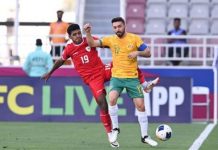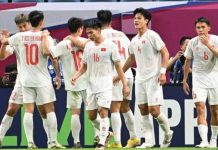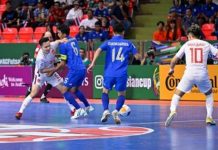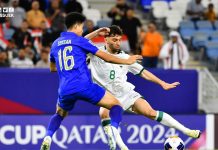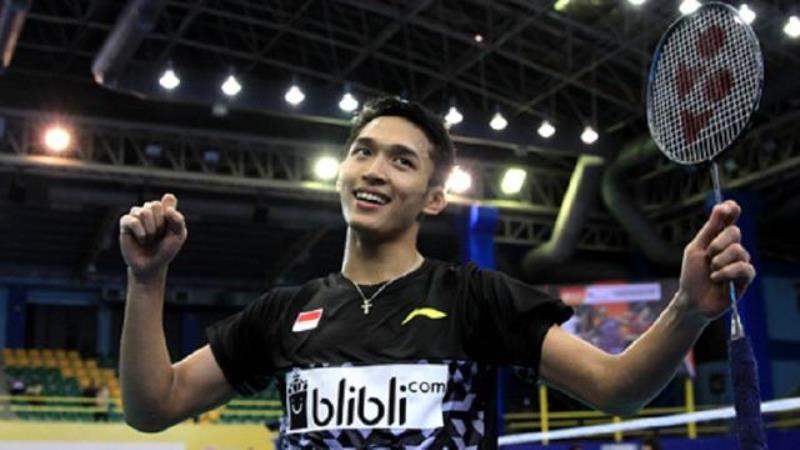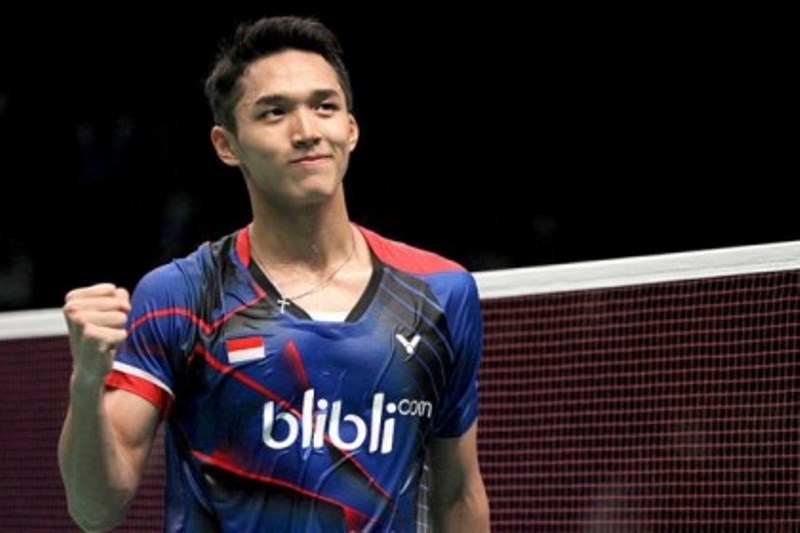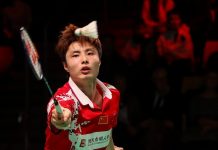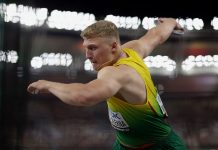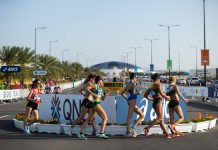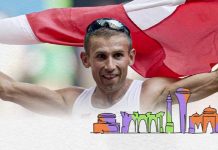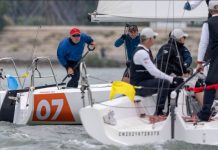Russia‘s athletics federation should be suspended from all competition, including the 2016 Olympic Games, over widespread doping, a damning report by an independent commission of the World Anti-Doping Agency (WADA) said Monday.
The report outlined evidence of systematic cheating with the consent of the government in Moscow, noting that drug tests for athletes were conducted at a Russian lab that totally lacked credibility.
“It’s pretty disturbing,” said former WADA chiefRichard Pound, who headed the three-man commission, adding that the extent of the cheating was “worse than we thought”.
The panel’s findings called for athletics’ governing body (IAAF) to suspend Russia‘s athletics body (ARAF) and declare it “non-compliant” with globally agreed doping regulations.
IAAF President Sebastian Coe said he would giveRussia until Friday to respond to the scathing report.
“I want an explanation,” Coe said on a conference call. “I am completely shocked by the allegations.”
“My instinct remains to encourage engagement not isolation, but the extent of what’s being said, I need to seek (IAAF) council support to have them (Russia) report back by the end of the week.”
The IAAF Council are due to meet Friday to discuss the crisis facing the Olympic flagship sport, and the country faces a provisional suspension at the nextIAAF meeting this month in Monaco.
– ‘No proof’ –
Russian athletics officials dismissed the reports, and the head of Russia’s anti-doping agency RUSADA rejected claims that lab engineer impersonators had destroyed hundreds of doping samples.
“If we speak about the allegedly destroyed doping samples, I see only a raw report and declarative statements without any proof,” Nikita Kamaev told TASS news agency.
“This also goes in regard to accusations of bribes offered by athletes. I see no logic here. All accusations are ungrounded at the moment,” adding the agency was conducting its own investigation into the allegations.
Moscow’s sports minister said the country has done everything that was asked by international organisations.
“We invested colossal funds into building a laboratory, we did everything that was recommended to us… we pay a million dollars every year to WADA… I don’t understand, what else do we need to do so that somebody says that we comply?” Vitaly Mutko told state television.
Meanwhile, ARAF’s acting president said the federation would ask for an extension of the one week deadline.
WADA’s commission also called for five Russian athletes — including 800m Olympic winner Mariya Savinova — to be given lifetime bans, suggesting the presence of doped athletes had “sabotaged” the 2012 Games in London.
The Moscow anti-doping laboratory needed to be stripped of its accreditation and its director fired, the commission added.
Pound told journalists that given the extent of the cheating among Russian track athletes, the doping was state-supported and “could not have happened” without tacit approval of authorities.
He suggested that the rot within the country’s track programme was so severe, he hoped that Moscowwould “volunteer” to remove its athletes from the Rio games.
Pressed on the consequences of inaction, especially if tainted Russian athletes compete in Rio, Pound insisted that the International Olympic Committee(IOC) would step in.
– Corruption charges –
The crisis first erupted with allegations of doping aired in a German TV documentary in December 2014.
Pound said that “overwhelming portions” of the programme had been proven accurate.
Britain‘s Sunday Times and the ARD channel also obtained a database belonging to the IAAF which contained more than 12,000 blood tests taken from around 5,000 athletes between 2001 and 2012.
The affair took a dramatic twist last week when formerIAAF chief Lamine Diack was charged with corruption on suspicion of taking bribes to cover up doping cases, as well as money laundering and conspiracy.
Global police body Interpol announced it was launching an investigation into the affair.
But, contrary to some expectations, Pound’s report did not address allegations of IAAF officials receiving bribes to cover up positive tests for athletes, including potential medal winners from past Olympic games.
Pound made clear, however, that Monday’s release included only the first part of the commission’s report, which focused largely on Russian athletics.
Further evidence of misconduct, including among potentially “rogue” individuals within the IAAF, is expected by the end of the year, Pound said.
He noted in particular that “Kenya has a real problem”.
Ironically, hours before the storm broke, PresidentVladimir Putin urged his compatriots to take up sport, telling Russian television: “If you do it in a rather subtle way then success will come.” – Agence France-Presse



